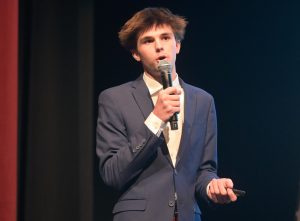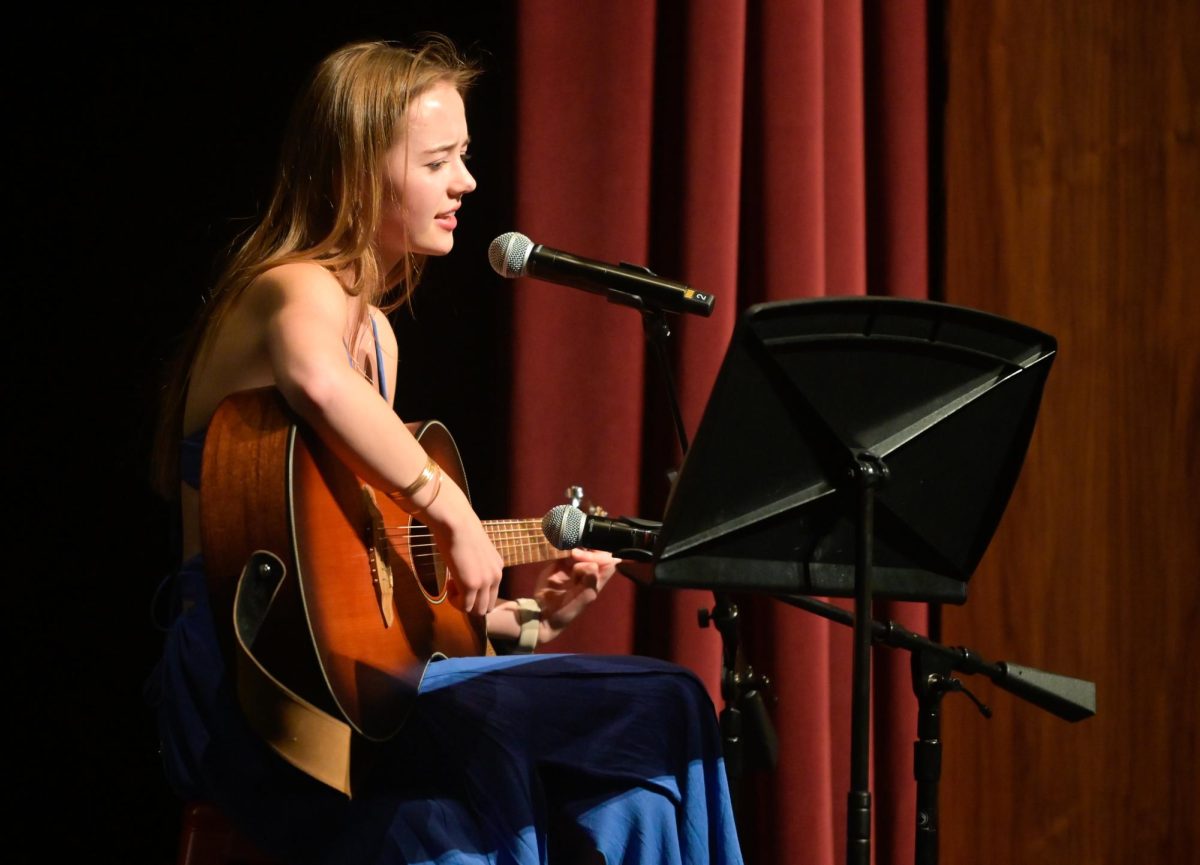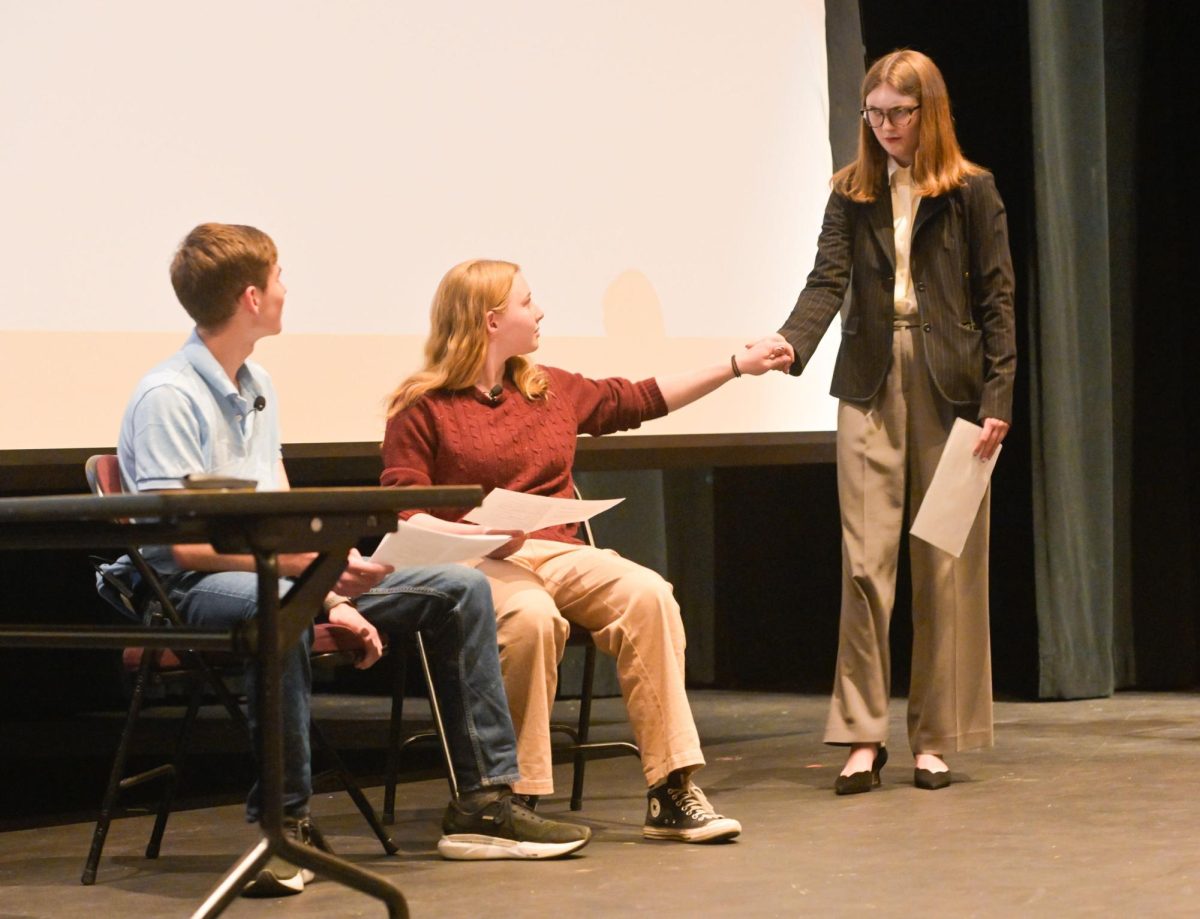I walked into REDI Lab with a general idea about AI in classrooms, and I had a fear of failure. No desks in rows, no real schedule, just open space, half-finished ideas scattered around, and a promise that I would drive my own learning. For the first hour I kept glancing around, waiting for someone to hand me a checklist. Instead I got silence and a dry-erase marker. The freedom felt like a free-fall, but after a day or two curiosity finally kicked in; I started asking bigger questions and I got ideas that I never could have at CA on campus. How can AI make teachers’ lives easier without erasing the human side of school? What happens when a student, not a syllabus, sets the agenda?
The first real setback I had was mental when a dean looked at my prototype and said, “I don’t think most teachers are going to like this.” I had imagined excitement and enthusiasm; instead I got hesitation and even fear. My early build autograded essays, flagged weak spots, and spit out feedback. To some educators that felt less like help and more like a replacement, and I could practically see my project ending right there.
So I pivoted. Instead of pure automation, I rewired the whole thing around collaboration. The turning point was a single button I called “Discuss with AI Assistant”, where a teacher could click it, chat with the model about why an essay got its score, tweak the rubric on the fly, then ask the AI to re-grade instantly. That button took countless nights of stubborn bug fixes, cold pizza, and debugging at 2 a.m. in my room. Then, when I was by at work at in the REDI Lab I did laps around the building!

Fast-forward to presentation week. Instead of a flashy product pitch I told the story—why thoughtful AI adoption matters, how transparency builds trust, and what real teacher-AI partnership could look like. When I showed the button and project, the room was interested, and I felt like I had done something meaningful and impactful. For the first time I saw my own confidence mirrored back at me.
REDI Lab didn’t just hand me new skills, it changed how I see and approach challenges. In three months I learned that curiosity, passion, and plain ol’ grit can turn an unorganized idea into something that changes the world. The REDI Lab adage that “we all have ideas inside us that matter to the world” felt very true in this moment. The bigger lesson – and the one I’m bringing to TCU – is that I don’t need a perfectly made map to start an idea. Give me a problem, a whiteboard, cold pizza, and maybe some coffee, and I’ll figure out the rest.



